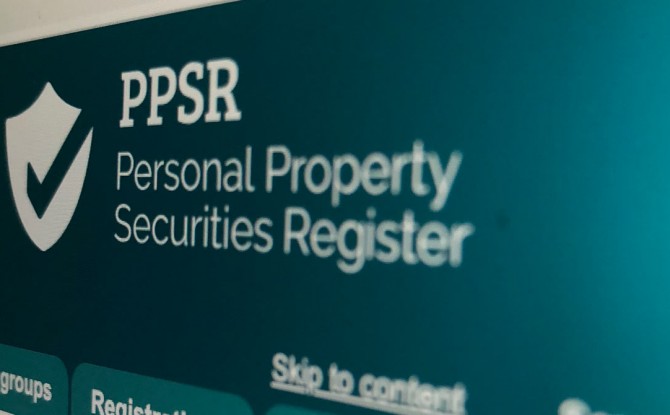If you are a business that cleans or repairs items that are never collected by a customer or if you are a lessor of a commercial property* and a tenant leaves items behind, you may wonder what your rights and obligations are in relation to those uncollected goods.
Is possession 9/10 of the law? Well, sort of. Often it can depend on the terms of trade agreed between the business and the customer (for example a retention of title clause, a lien** or other similar provisions), but assuming it hasn’t been agreed or if there are agreed terms but there is no unpaid account, what is the position?
If there is no contract to govern what happens then the Uncollected Goods Act 1995 (NSW) will likely apply. That Act allows the business holding the goods (bailee) to sell them if they are uncollected by the owner of the goods (bailor) or if the bailee can’t contact the bailor.
How the goods may be disposed of, and what notice needs to be given, depends on their type and value. For example, if the goods are worth:
- less than $100, the business owner needs to give the customer 28 days verbal or written notice of an intention to dispose of the goods. If the customer doesn’t respond or collect the goods in that time, the business owner can dispose of them they see fit;
- more than $100 but less than $500, the business owner needs to give the customer and each other person that claims an interest in the goods 3 months written notice of an intention to dispose of them. If the customer doesn’t respond or collect them within 3 months, the business owner can dispose of them by private sale for ‘fair value’ or public auction;
- more than $500 but less than $5,000 the business owner needs to give the customer and each other person that claims an interest in the goods 6 months written notice of an intention to dispose of the goods. If the customer doesn’t respond or collect them in the 6 month period, the business owner can dispose of them by public auction provided that the business owner publishes a copy of the notice in a daily newspaper circulating generally throughout NSW at least 28 days before the 6 months notice is to end;
- more than $5,000, the business owner needs a Court order to dispose of the goods; and
- Perishable goods are dealt with differently any only require a ‘reasonable’ amount of notice, the length of which depends on the nature and condition of the goods.
What should the notice state?
Broadly speaking, a notice regarding uncollected goods must include:
- the business name;
- a description of the goods;
- an address where the goods can be collected;
- a statement of any relevant charges (eg freight and storage costs) and if the business is planning to take money out of the sale to cover those charges;
- a statement that on or after a specified date, the goods will be sold or kept unless they are first collected and the relevant charges are paid.
No profit
When the goods are sold, the bailee can only recover the cost of the original service being provided if unpaid, the costs of the sale and any maintenance, insurance and storage costs. The bailee is not allowed to make a profit on the sale of the uncollected goods.
Any surplus if the bailor can’t be found or won’t take it, must be paid, as unclaimed money, to Revenue NSW. What a pain!
* There is specific legislation relating to the disposal of goods held by a pawnbroker (Pawnbrokers and Second-Hand Dealers Act 1996 (NSW), Part 4, s.30), goods left by a tenant (Residential Tenancies Act 2010 (NSW), Part 6 Division 2) or resident of a retirement village (Retirement Villages Act 1999 (NSW), Part 9, Division 7). Some assets can require additional steps to dispose of such as motor vehicles (for example the Commissioner of Police has issued a certificate stating that the vehicle is not recorded as stolen) and may require a Personal Property Securities Register Search.
** A lien is a common law right to retain possession of an item until an account is paid (such as a mechanics lien to keep a car until the repair bill is paid for), but it can be confirmed in an agreement.
FURTHER INFORMATION
Craig Pryor is principal solicitor at McKillop Legal. For further information in relation to uncollected goods, your rights or obligations under a contract or arrangement or any other commercial law matter, contact Craig Pryor on (02) 9521 2455 or email craig@mckilloplegal.com.au.
This information is general only and is not a substitute for proper legal advice. Please contact McKillop Legal to discuss your needs.
Stay up to date - LinkedIn | Facebook | Twitter





